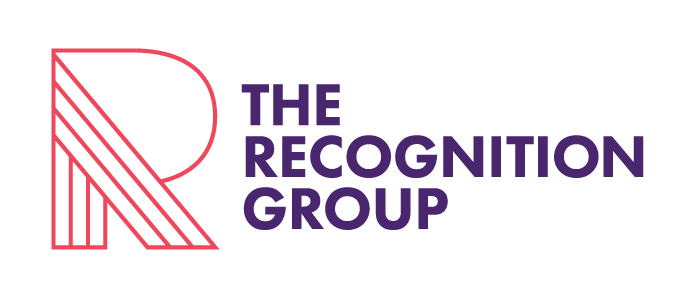How to prepare for interview success
When you’re speaking with a journalist, on the phone or face-to-face, your company’s reputation is in your hands. With the right guidance and preparation, you can turn this opportunity into a chance to gain positive attention for you and your business.
It’s easy to avoid the pitfalls involved in speaking with media if you know how. Just like an athlete, as a company spokesperson, you’ll need to train and practice your media skills diligently so you can perform at your peak for the ‘big game’.
Recognition helps its clients prepare for media interviews every day. We’ve answered three of the most common questions about interview preparation in this blog:
Why is preparation critical?
Whether proactive or reactive, the ultimate aim of an interview is to get your key messages across. Without careful preparation, it’s easy to forget that it isn’t a normal conversation. An interview is a transaction. If all goes well, you gain attention for your company, and the journalist gets a good story.
For both parties to gain something from this transaction, a journalist needs solid, quotable information to include in their piece. You need to convey a positive, interesting and accurate image of your company. With careful preparation, yours and the journalist’s chances of a win-win situation are heightened.
If I’m the one who wanted the interview, why do I need to prepare? Don’t I already know what I want to say?
While you may have a confident grasp of what you want to say, you can’t predict how prepared the journalist is. Australian journalists will rarely be happy to simply take dictation. It’s likely that a journalist has researched you, your company, and contextual trends, and will arrive with specific questions and an agenda.
If you want to achieve a positive outcome from the interview, you will need to make sure that:
you have an interesting and newsworthy story to tell
you can tell your story in an engaging and confident manner
you have an answer for any possible question, even if it’s a polite redirection to someone else in your company.
Preparing for interviews ensures:
you are less likely to be blindsided by an unexpected question
you will be more knowledgeable, confident and trustworthy
you will be able to provide correct and complete answers.
Remember: you can’t dictate the words a journalist will publish, nor can you check or approve their work, so by preparing carefully for an interview, you can maximise your chances of positive (or at least fair and accurate) coverage.
For more information on preparing for interviews, or to book a media training session, contact us today.
